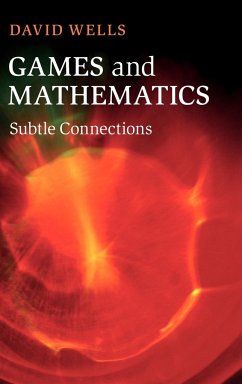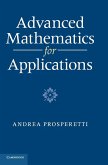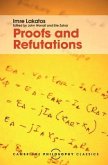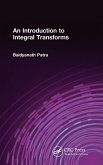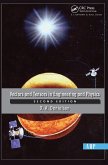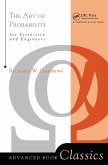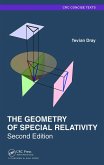'One of the wellsprings out of which the discipline of mathematics has developed is human delight in intellectual play, manifest in the ubiquity of abstract games across millennia and cultures. The author of this fascinating book is expert in both domains, and in the art of clearly explaining significant aspects of mathematics in ways both accessible to non-experts and illuminating to experts. Through a delightfully rich variety of historical and multicultural examples, he unveils the intimate relationship between abstract games and mathematics as the study of structures, and, in so doing, illuminates much more about mathematical behaviour and cognition. At a time when too much of mathematics education in school seems designed to squeeze out every last drop of playfulness, we are reminded that mathematics can, and should, be an intellectual playground.' Brian Greer, Portland State University
Bitte wählen Sie Ihr Anliegen aus.
Rechnungen
Retourenschein anfordern
Bestellstatus
Storno

